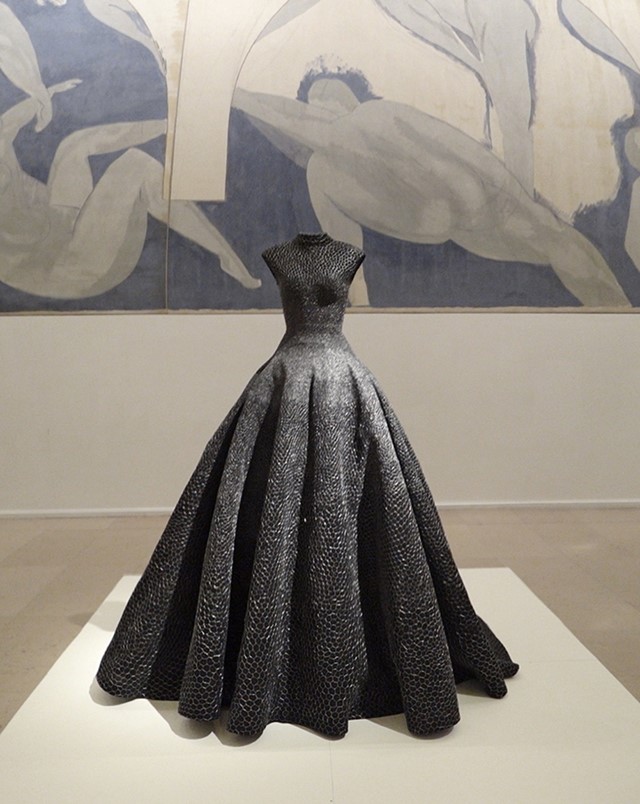Esteemed author and style connoisseur Edmund White discusses the concept, intellectuality and language of fashion
A professor of creative writing at Princeton University, Edmund White is one of the most prominent writers of contemporary American literature. The author of numerous masterpieces, he has proven himself a standout writer of memoirs (his most recent book, Inside a Pearl, is an account of his time in Paris); critic (most notably for the New York Review of Books); novelist (from his début novel Forgetting Elena) and biographer (Jean Genet, Arthur Rimbaud, and Marcel Proust). A passionate stylist as well as a knowledgeable connoisseur, White also served as contributing editor of American Vogue.
How would you connect fashion to elegance?
An elegant person is not necessarily fashionable. Ivan Nabokoff, for instance, has been called the most elegant man in Paris, but many of the clothes he wears he’s owned for years. It’s a question of an attention to detail, of what looks good together, that doesn’t draw attention to itself, to a perfect fit and cut.
What is the role of history and art history in your conception of fashion?
I think too many couturiers rely on the past and recycle the Tsarist look or the Renaissance look or the Gatsby look. I prefer it when a designer like Alaïa invents a new (if timeless) look. Nostalgia is the enemy of art.
"I think too many couturiers rely on the past and recycle the Tsarist look or the Renaissance look or the Gatsby look"
Would you describe fashion as a language and a discourse, as Barthes did?
Certainly, since fashion communicates social class, era and even nationality. But the variations in details such as hem length and bust size or degree of ornamentation do not express individual or sociological messages but vary in uniform cycles.
The word "intellectual" was coined in a time of great political distress. Does fashion have a political role? And in which way?
Leftists or progressives or radical students affect certain styles to show group membership or solidarity, but the fashions indicate nothing serious. Leftists will wear loden coats or black tights or no makeup, but these looks indicate nothing beyond adherence to a group.
How would you relate the concept of 'fashion' to the one of 'style'?
Style is a broader category and can indicate everything one chooses – dishes, silverware, cars, home furnishings – and normally style doesn’t change as rapidly as fashion.
What does fashion have to do with intellectuality?
Since fashion is an art, a craft, a business and a language, it is subject to study and analysis by intellectuals.
You have written on fashion designers such as Yves Saint Laurent and Azzedine Alaïa, and discussed their person life as well as their work. What is the relation between these two elements? Is it different in a fashion designer’s work from any other creative figure?
No, fashion designers are celebrities like actors, writers, painters and creative or performing artists of any kind. As such they will be scrutinised by journalists – perhaps even more intensely, since they determine new trends that have wide economic consequences and their “product” affects everyone.
You are a renowned specialist of Proust, and Proust was as interested in fashion as he was in philosophy, or science, as was Mallarmé, for instance. Do you think there is a specific relation between an interest in fashion – which might seem the shallowest – and in what is the considered the most serious, even arid, forms of knowledge?
Mallarmé wrote about fashion in order to make a living. Proust was interested in fashion – especially the fashions of La Belle Époque – because the ladies he studied and sometimes idolised were fashion leaders and their “look” was as much a part of their identity as their social status.
In two weeks Donatien Grau will interview the head of Dior Joaillerie, Victoire de Castellane.
